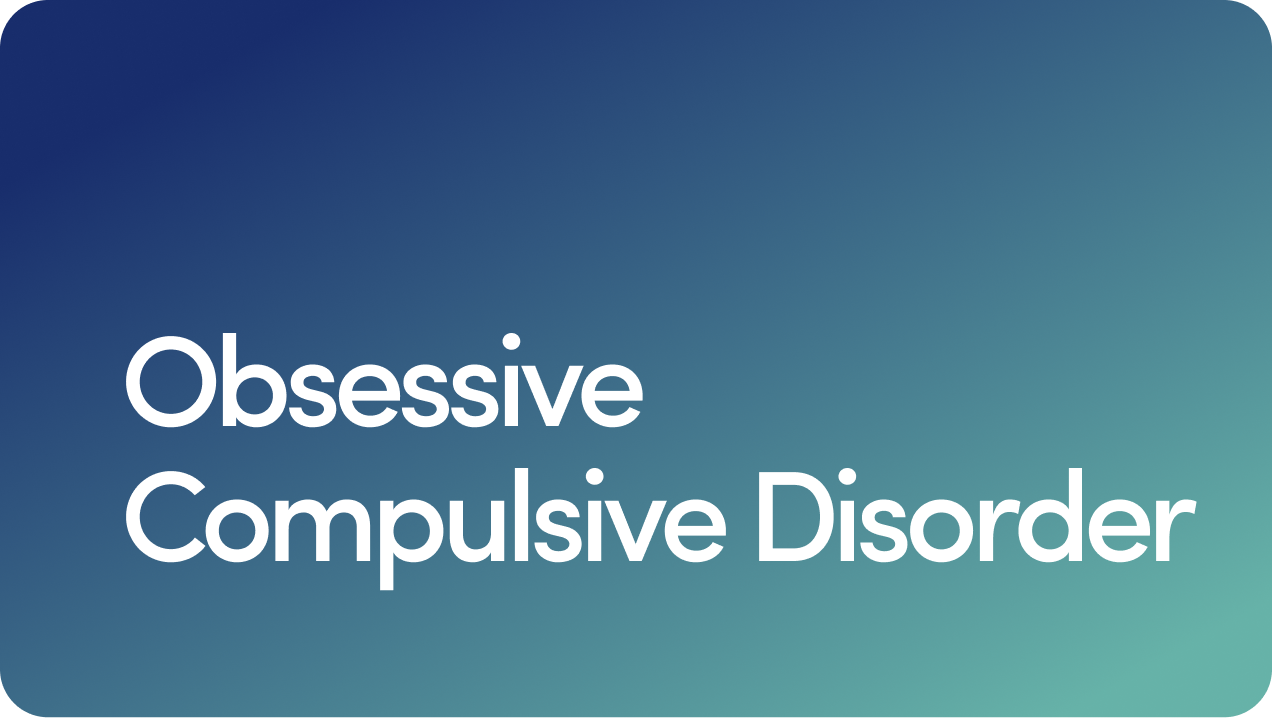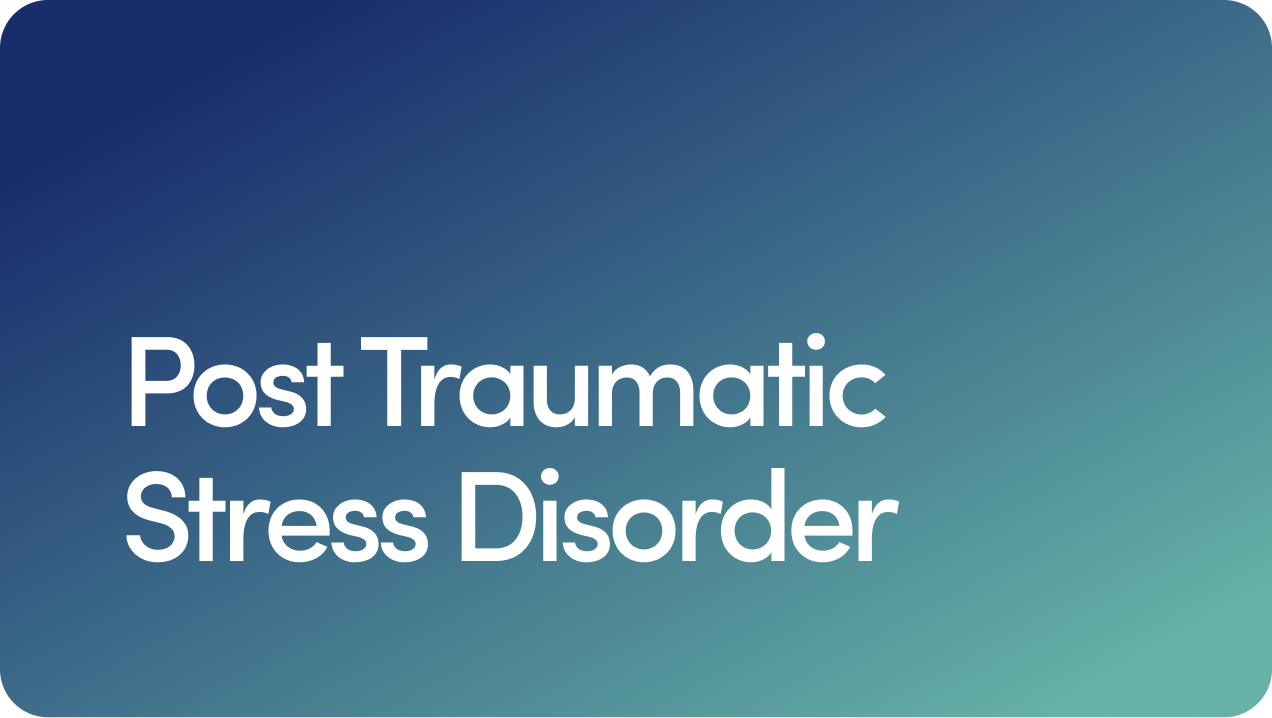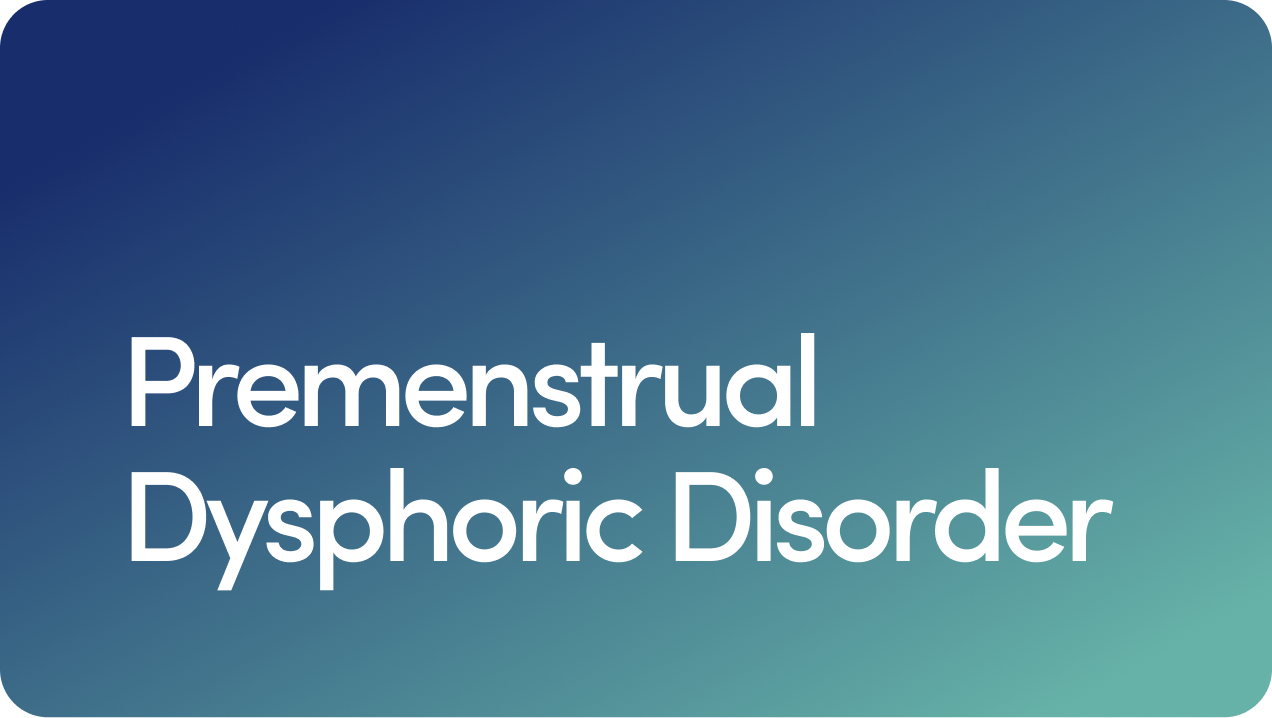Content
Free Mental Health Assessment
How to Set Healthy Boundaries

Setting boundaries is an essential part of maintaining healthy friendships, romantic relationships and other social connections. Clear, healthy boundaries can help you to establish your personal identity and give you a sense of agency over yourself and your actions.
Unlike physical boundaries, most people’s personal boundaries aren’t imposing walls or barriers designed to keep people away. Instead, they’re limits designed to make it clear what you expect from other people, as well as what they can expect from you.
Since boundaries play such a key role in happy relationships and optimal mental health, it’s vital to understand how to set them effectively.
Below, we’ve explained what interpersonal boundaries are, as well as why they’re so important for your friendships, romantic relationships and other forms of social connection.
We’ve also shared nine tips that you can use to form healthy boundaries with other people and gain more control over how you’re treated in social, professional and romantic relationships.
Content
What Are Boundaries?
A physical boundary is a line or other type of barrier that marks the limits of an area, such as a border. An interpersonal boundary — the type of boundary we’re talking about here — is similar, but marks the limit of what a person may consider safe, reasonable and permissible.
We all have boundaries, most of which don’t need to be made explicit. For example, we expect privacy when we’re changing clothes or going to the bathroom. We also expect some subjects, such as sensitive personal issues, to remain off-limits during most conversations.
Boundaries can vary significantly from one relationship to another. For example, it’s common to have stricter, more restrictive boundaries with a work colleague than with a romantic partner, or with a stranger than with a member of your family.
It’s also normal for boundaries to vary from person to person. If you have strict boundaries, you might avoid close connections and keep your distance from other people. However, if you have looser boundaries, you may find that you go out of your way to get involved with other people.
Boundaries can also vary from culture to culture. For example, people’s expectations of physical distance range from keeping others at arm’s length in certain areas of the world to feeling totally comfortable with close physical contact in others.
However, all relationships — even the closest ones — have some boundaries. These boundaries are essential for providing you with protection, privacy, comfort and a feeling that you remain in control of your life.
Put simply, boundaries play a key role in agency — the sense that we have control over the way we think, feel and behave.
When your personal boundaries are broken, this sense of control over yourself can weaken and leave you feeling disappointed, resentful, vulnerable and even angry.
Because boundaries play such a critical role in relationships, it’s important to clearly define your own boundaries, even if you never explicitly share them with others.
Most of the time, people will be able to identify your boundaries through your behavior. When a person doesn’t identify or understand your boundaries, explaining your personal limits can help them to understand what you view as acceptable and unacceptable.
9 Tips for Setting Boundaries
Understanding and setting your boundaries isn’t always as simple as writing a list of the precise things that make you feel uncomfortable or disrespected. Instead, it’s usually a gradual process that involves self-reflection, self-respect and communication with others.
Below, we’ve shared nine actionable tips that you can use to identify your personal boundaries, set clear limits and enforce them consistently so that other people treat you the way you’d like to be treated.
Understand Your Rights
We all have certain rights in life, including the right to say no to others, make our own decisions, freely express our opinions and pursue the type of education and career that we think is best for us.
We also have the right to be respected by other people, especially our friends, family members and romantic partners.
If you’re struggling to define your boundaries, a great place to start is by identifying your rights as a person. Ask yourself how you expect to be treated at a basic level, as well as how you’re willing to treat others.
Creating boundaries around your basic expectations of behavior can help you to create healthy relationships in which you feel respected, valued and treated fairly.
Identify Your Personal Values
In addition to certain rights, we all have personal values. These might include your beliefs about culture and religion, your political views, as well as your personal expectations regarding how a friendship or romantic relationship should work.
Maintaining your values and ethics is a core part of your personal integrity, and it’s important to establish boundaries around them.
These boundaries might include limitations on your willingness to change certain beliefs or take part in activities that you don’t view as ethical.
Identifying your values and using them to set limitations can help you to shape your life in a way that gives you more agency, all while avoiding unhealthy boundaries that reduce your quality of life or stop you from feeling comfortable.
When in Doubt, Go With Your Gut
Sometimes, you may encounter behavior that doesn’t explicitly violate your boundaries, but just doesn’t feel right.
For example, a new friend or distant relative might ask an invasive question about your romantic life. While this might be okay for someone closer to you, it might trigger feelings of discomfort or anxiety when it comes from someone you don’t know very well.
In situations like this, it’s often best to let your instincts determine your boundaries. If something doesn’t feel right to you or causes a certain gut reaction you don’t like, consider using it to set a more clearly defined boundary in the future.
Try to Set Boundaries Early in a Relationship
When you start a new friendship, work relationship or romantic relationship, it’s best to set clear boundaries as early as you can.
Setting boundaries early in a relationship makes it clear what you’ll accept, as well as what you consider off-limits.
Boundaries differ hugely from one relationship to another, so it’s important to select boundaries that match your needs and situation.
In a work relationship, this could mean clearly establishing boundaries about your personal life, certain conversational topics or your social media use. In a romantic relationship, it could mean setting sexual boundaries with your intimate partner.
Setting boundaries early can help to set the tone for your relationship and stop you from feeling physically or emotionally trapped.
If Necessary, Communicate Your Boundaries Openly
Most boundaries are communicated implicitly — for example, through your tone of voice, choice of words or gestures and expressions. However, from time to time, you may face situations that require you to clearly communicate your boundaries to other people.
When you need to communicate your boundaries to another person, be clear and confident. It’s often helpful to explain why a boundary is important to you, such as by informing the person that you need a certain amount of privacy or respect.
To help the other person understand your boundaries, try to explain with a sentence that starts with the words “I feel.” This type of statement — referred to in psychology as an “I statement” — can help to prevent the other person from feeling blamed or subject to negativity.
For example, you could tell someone: “I feel stressed and overwhelmed when you need to plan every part of our life. I really need some space to relax and do things spontaneously.”
Or, in a different situation, you could say something like: “I feel uncomfortable when you go into my bedroom when I’m not home. I view that as my personal space, and I value the privacy that it gives me. I’d appreciate it if you could ask for my permission before you enter next time.”
This type of communication makes it clear why you have a specific boundary and explains what you’d like to change, all without placing blame directly on the other person for their behavior.
Create Boundaries on Your Possessions and Space
Boundaries aren’t just to protect you from unwanted advances or inappropriate behavior — they can also apply to your possessions.
If you share your living space with someone else or want extra privacy in your relationship, it’s okay to make certain possessions off-limits. This could mean asking your roommate or partner not to use your computer, phone or other items that you view as personal and private.
It’s also okay to create boundaries around your personal spaces, such as asking people not to enter your bedroom, private workspace or other areas you see as your own.
Enforce Rigid Boundaries Consistently
It’s important to enforce your personal boundaries consistently, especially rigid boundaries that are critical to your well being and sense of identity.
While it’s okay to let flexible boundaries slide sometimes, being inconsistent about core values can potentially leave the people around you feeling confused. It can also result in one request, expectation or other action that pushes your boundaries, leading to another.
By enforcing your boundaries consistently, you’ll make what you accept and what you don’t far clearer to others, reducing the risk of misunderstandings and inappropriate behavior.
Don’t Feel Afraid to Say No
Everyone occasionally experiences situations in which their boundaries are pushed. When you feel like someone is infringing on your boundaries or pushing your personal limits, it’s important to understand that you can and should say “no.”
This is especially important with rigid boundaries — limits on certain topics or behaviors that you aren’t willing to change.
It’s okay to refuse requests that affect your comfort level. In fact, doing so is an essential part of remaining in control of your life. It’s alright to say no, and it’s also okay to do so without giving a long, detailed explanation for your refusal.
Consider Getting Professional Help
If you have difficulty setting relationship boundaries, or if you feel like your personal boundaries aren’t respected by others, consider getting online mental health support.
Dealing with one or several people who violate your boundaries can be a frustrating experience that has a serious negative impact on your wellbeing. If you have a mental health condition such as depression or anxiety, a lack of respect for your boundaries may aggravate your symptoms.
If you’re feeling stressed, unhappy or uncomfortable because of a violation of your boundaries, try asking your primary care provider for a mental health referral or scheduling an appointment with a licensed mental health provider in your area.
You can also get help via our online therapy, which allows you to take part in individual therapy with a professional counselor from the comfort and privacy of your home.
Not only can therapy help you to deal with the stress and frustration of having your boundaries violated — it may also help you develop the skills to more clearly set and enforce your personal boundaries with other people.
Setting clear, healthy boundaries is an essential part of any relationship, whether it’s with your romantic partner, a member of your family or a colleague. It’s equally important to identify and understand other people’s social, physical and emotional boundaries.
Although creating and enforcing boundaries can be challenging at first, it’s a valuable skill that can make your relationships closer, happier and more effective.
If you’re struggling to set boundaries with people, try using the techniques above. You can also learn more about defining and enforcing personal boundaries in our guide to setting boundaries with family.
Finally, you can access proven techniques and approaches for dealing with stress, anxiety and other common mental health issues with our free online mental health resources.
3 Sources
Hims & Hers has strict sourcing guidelines to ensure our content is accurate and current. We rely on peer-reviewed studies, academic research institutions, and medical associations. We strive to use primary sources and refrain from using tertiary references.
- Norms in the United States. (n.d.). Retrieved from https://www.state.gov/courses/answeringdifficultquestions/assets/m/resources/DifficultQuestions-PersonalSpace.pdf
- Moore, J.W. (2016). What Is the Sense of Agency and Why Does it Matter? Frontiers in Psychology. 7, 1272. Retrieved from https://www.ncbi.nlm.nih.gov/pmc/articles/PMC5002400/
- I statement. (n.d.). Retrieved from https://dictionary.apa.org/i-statement
This article is for informational purposes only and does not constitute medical advice. The information contained herein is not a substitute for and should never be relied upon for professional medical advice. Always talk to your doctor about the risks and benefits of any treatment. Learn more about our editorial standards here.
Jill Johnson, FNP
Dr. Jill Johnson is a board-certified Family Nurse Practitioner and board-certified in Aesthetic Medicine. She has clinical and leadership experience in emergency services, Family Practice, and Aesthetics.
Jill graduated with honors from Frontier Nursing University School of Midwifery and Family Practice, where she received a Master of Science in Nursing with a specialty in Family Nursing. She completed her doctoral degree at Case Western Reserve University.
She is a member of Sigma Theta Tau Honor Society, the American Academy of Nurse Practitioners, the Emergency Nurses Association, and the Air & Surface Transport Nurses Association.
Jill is a national speaker on various topics involving critical care, emergency and air medical topics. She has authored and reviewed for numerous publications. You can find Jill on Linkedin for more information.
Related Articles
Related Conditions
 Anxiety
Anxiety
 Depression
Depression
 OCD
OCD
 PTSD
PTSD
 Bipolar Disorder
Bipolar Disorder
 Premenstrual Dysphoric Disorder
Premenstrual Dysphoric Disorder